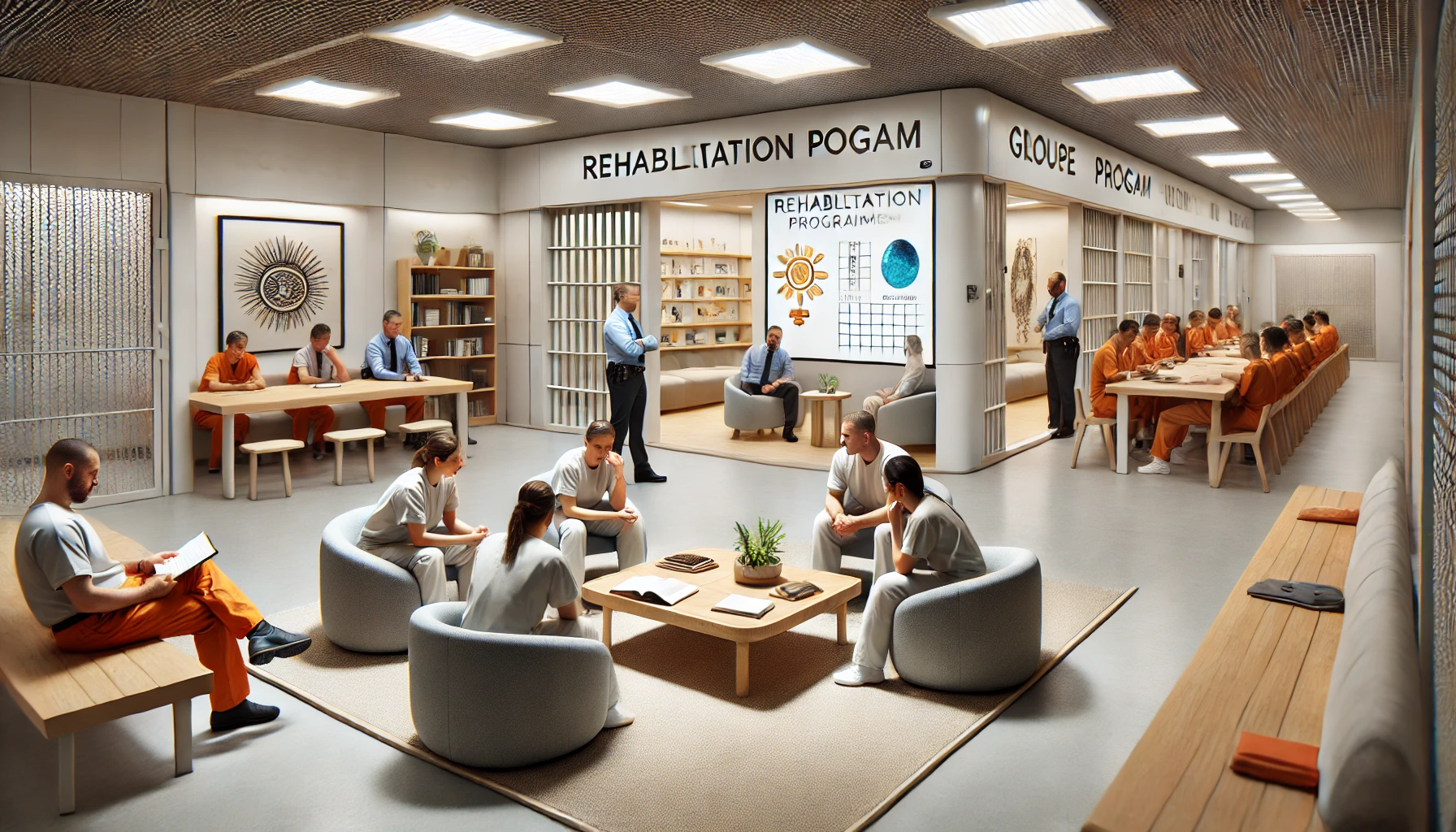A Smarter Approach to Safety: Cognitive Therapy’s Impact on Jail Violence
The "Step Up" cognitive behavioral therapy program at Lubbock County Detention Center significantly reduced violence and behavioral incidents among inmates by 49%, providing lasting cognitive and emotional improvements. Its cost-effectiveness and scalability position it as a transformative alternative to punitive measures in correctional facilities.

A study led by researchers from the University of Notre Dame’s Wilson Sheehan Lab for Economic Opportunities (LEO) examines the effects of the "Step Up" program, a cognitive behavioral therapy initiative at the Lubbock County Detention Center (LCDC) in Texas. This program is designed to reduce violence and improve behavior among medium- and maximum-security inmates, many of whom have violent backgrounds. With a 14-to-21-week curriculum combining group classes, one-on-one counseling, and self-paced workbooks, Step Up emphasizes emotional regulation and decision-making. The program teaches participants to reinterpret negative events constructively, aiming to foster rational behavioral choices over-reactive, harmful ones.
Significant Reductions in Violent Incidents
Using data from inmates eligible for and interested in Step Up between 2016 and 2021, researchers employed a two-way fixed effects framework to compare participants with nonparticipants. The findings revealed a 49% drop in monthly behavioral incidents, including disciplinary infractions and assaults, among those who participated in the program. These improvements extended beyond the program duration, suggesting that participants gained lasting tools to manage emotions and decision-making. Younger inmates and those with violent charges showed the greatest benefits, while individuals with entrenched behavioral patterns saw less significant improvements, highlighting the need for tailored interventions.
Creating a Supportive, High-Expectation Environment
Step Up operates in a dedicated pod within the detention center, distinct from the general population or solitary confinement areas. This environment encourages responsibility and adherence to behavioral standards while rewarding positive conduct with incentives. Despite potential environmental effects, the persistence of behavioral improvements after participants returned to the general population supports the conclusion that the program’s core impact comes from its emphasis on cognitive and emotional transformation. The consistent reduction in incidents over months further underscores its effectiveness.
Cost-Effective and Scalable Rehabilitation
Step Up’s annual cost of $77,700 translates to approximately $618 per participant, offering a low-cost yet effective alternative to punitive measures like solitary confinement. The program prevents an estimated 0.15 assaults per person, breaking even at a much lower institutional cost than the public cost of assaults, estimated at over $37,000. This financial feasibility positions Step Up as a scalable solution for correctional facilities seeking to reduce violence and improve institutional safety. Unlike solitary confinement, which often exacerbates mental health challenges, Step Up offers a rehabilitative approach that aligns with evolving correctional strategies.
A New Model for Rehabilitation and Safety
The findings demonstrate the transformative potential of cognitive behavioral therapy in correctional settings, particularly for populations often overlooked in rehabilitation efforts. By addressing the root causes of inmate misconduct during pretrial detention, Step Up provides a proactive solution for fostering safer environments within detention centers and beyond. Its success underscores the need for correctional systems to embrace rehabilitative models that prioritize lasting change over temporary control. As jails increasingly adopt structured programs like Step Up, the potential for reducing recidivism and enhancing public safety becomes both practical and achievable.
- FIRST PUBLISHED IN:
- Devdiscourse










